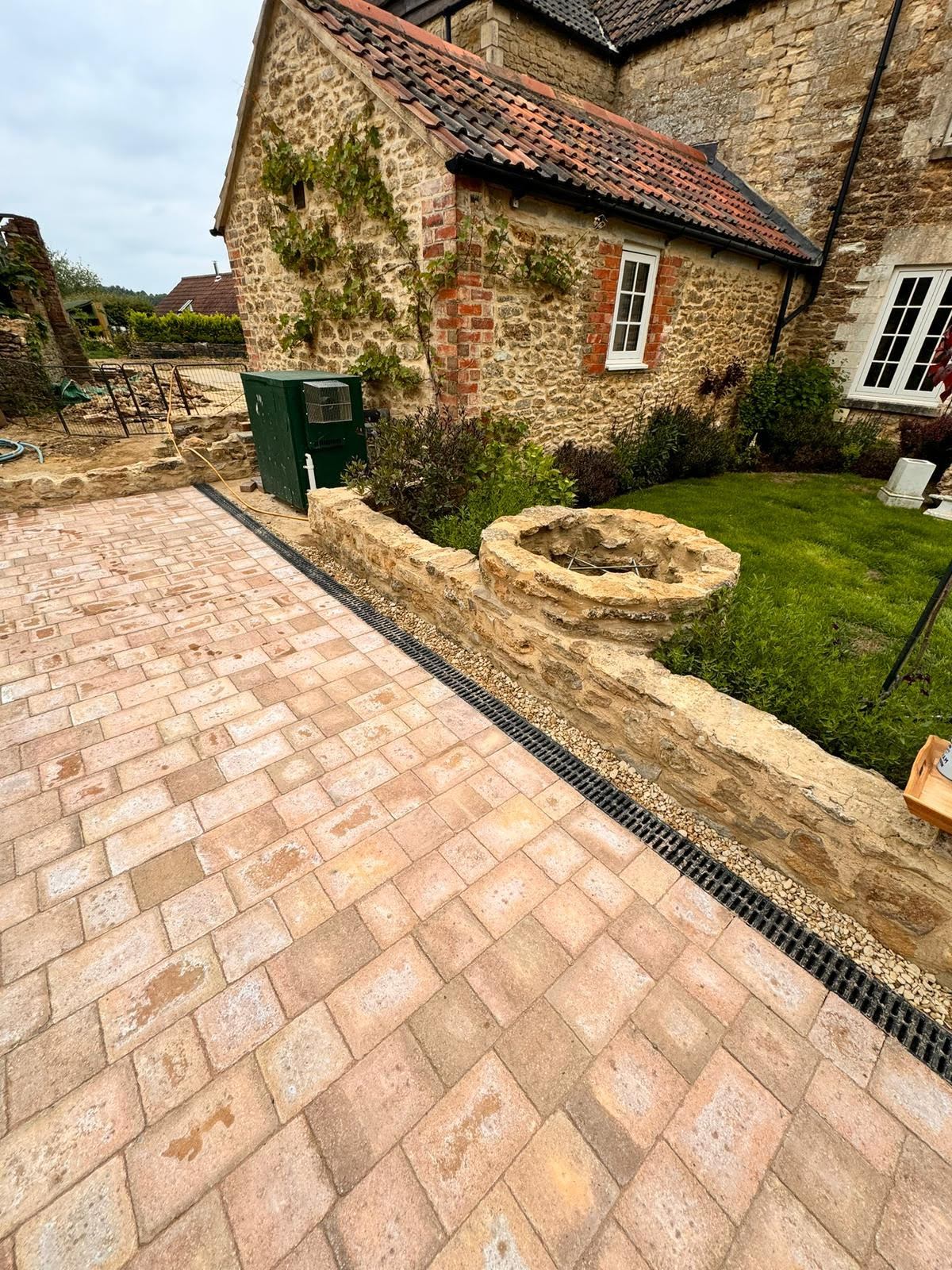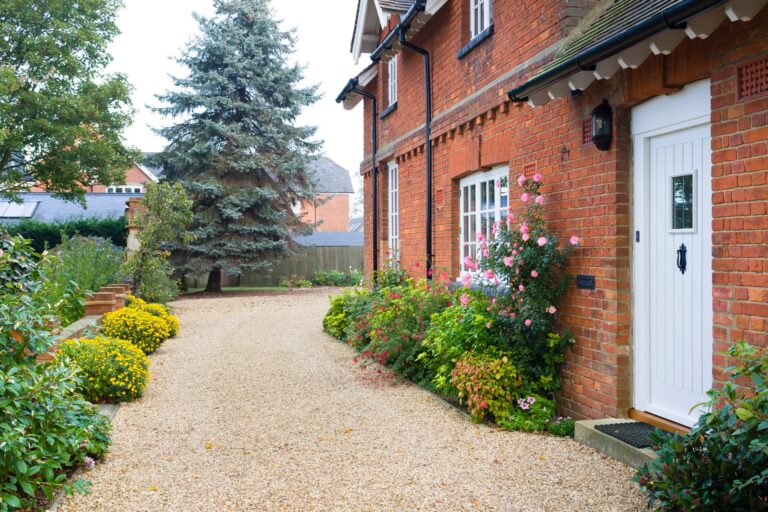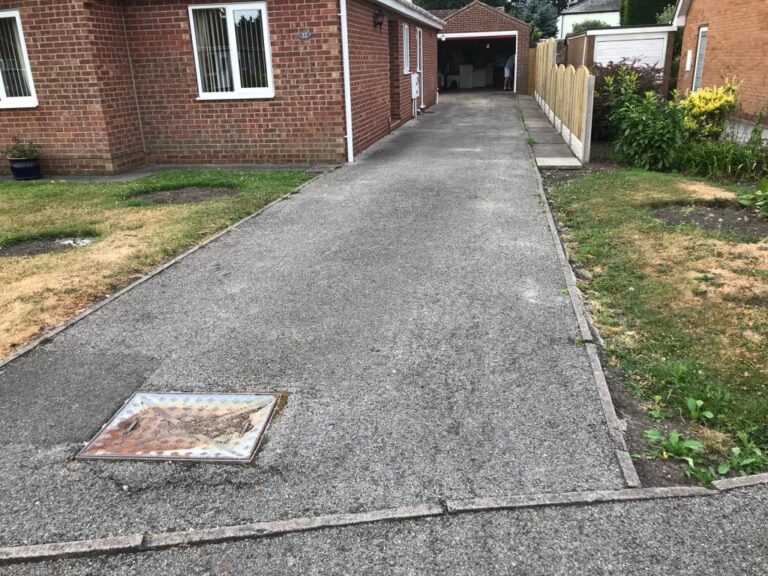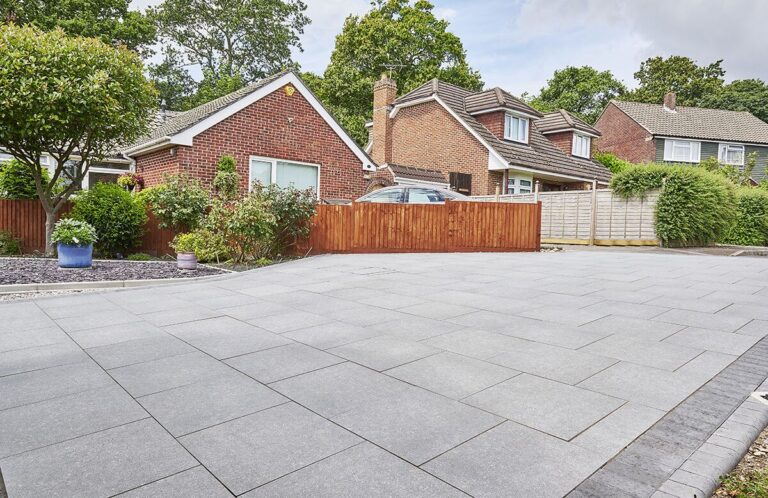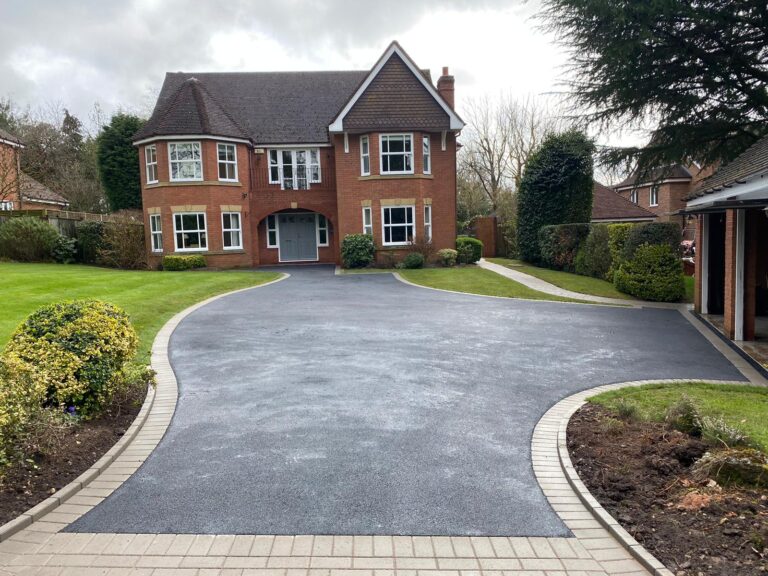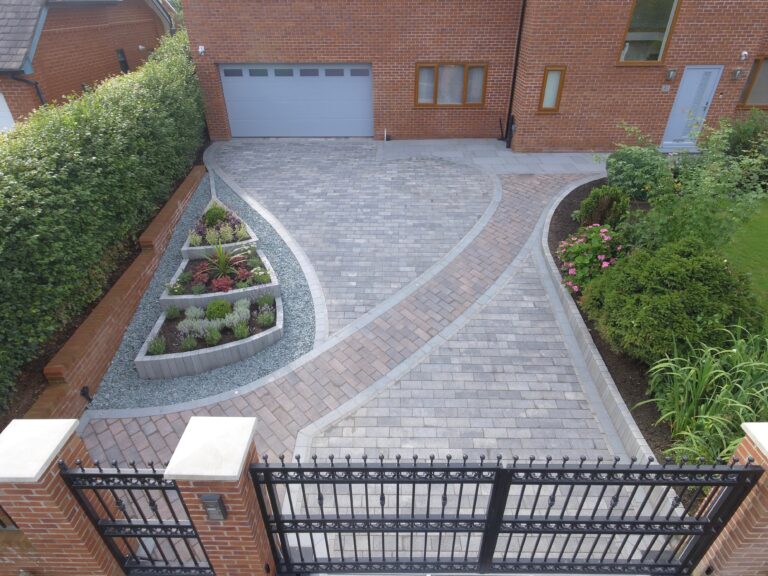Installing a new driveway is a significant investment, and with so many options available, it’s natural to have a lot of questions.
Whether you’re replacing an old driveway or installing one for the first time, understanding the installation process can help make the decision-making easier.
In this article, we’ll answer the most frequently asked questions about driveway installation.
What Materials Are Best for My Driveway?
The choice of material is one of the first questions most homeowners have. The best material for your driveway depends on factors such as your budget, location, aesthetic preferences, and how much maintenance you’re willing to do.
Common materials:
- Tarmac: Affordable and durable, great for high-traffic areas.
- Block paving: Offers a range of design options, highly durable but more expensive.
- Gravel: Low cost, natural look, but requires maintenance.
- Resin-bound paving: Low maintenance and durable, with a high-end finish.
How Long Does It Take to Install a Driveway?
The time it takes to install a driveway depends on the type of material you choose, the size of your driveway, and the complexity of the project. Generally, tarmac driveways can be installed in a day, while block paving or resin-bound driveways may take a few days to complete.
Tip: Plan for at least 2-3 days for installation, depending on material choice and weather conditions.
Do I Need Planning Permission?
In most cases, planning permission isn’t required for installing a driveway unless it involves significant changes to the property, such as altering the boundaries or installing a new access point. However, local regulations may require approval, especially if the driveway exceeds a certain size or is located in a conservation area.
Tip: Always check with your local council before beginning any installation work to ensure compliance.
How Much Will a New Driveway Cost?
The cost of installing a new driveway varies depending on factors such as size, material, and complexity. For example, a tarmac driveway might cost less, while block paving or resin-bound surfaces could be more expensive due to the materials and labour involved.
Tip: Always get quotes from multiple contractors to ensure you’re getting the best value for your investment.
What Maintenance Is Required?
Maintenance varies depending on the material. Gravel may need to be replenished or raked periodically, while tarmac may need sealing every few years. Block paving requires cleaning and re-sanding, and resin-bound driveways generally need little maintenance aside from occasional cleaning.
Tip: Regularly inspect your driveway and address any issues promptly to prevent costly repairs.
Choosing and installing a new driveway is a big project, but with the right information, you can make an informed decision that meets your needs and budget.
Take your time to research the materials, installation process, and maintenance requirements to ensure your new driveway adds value and function to your home.

